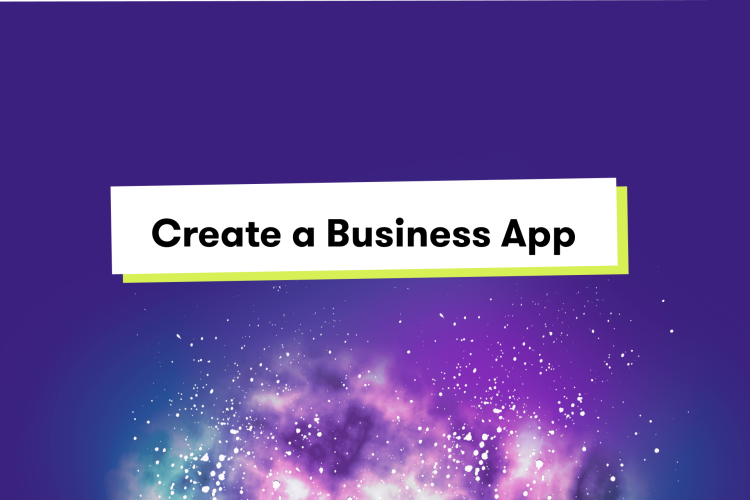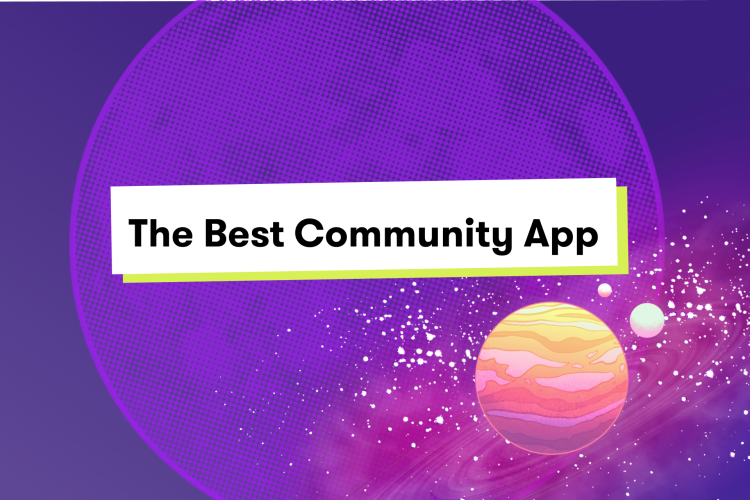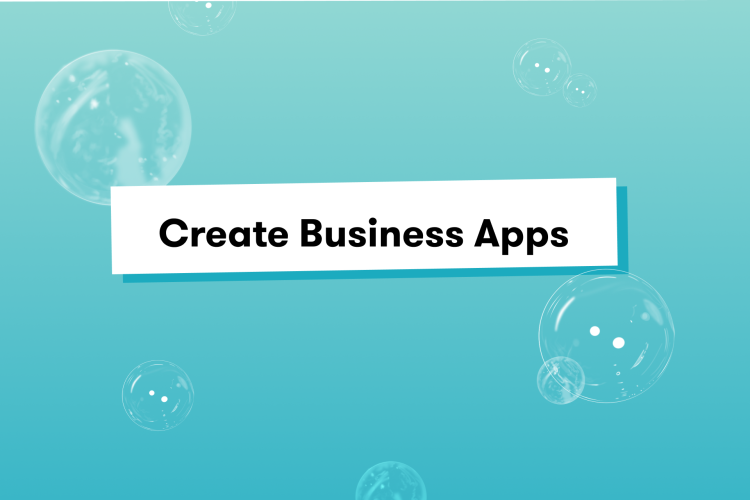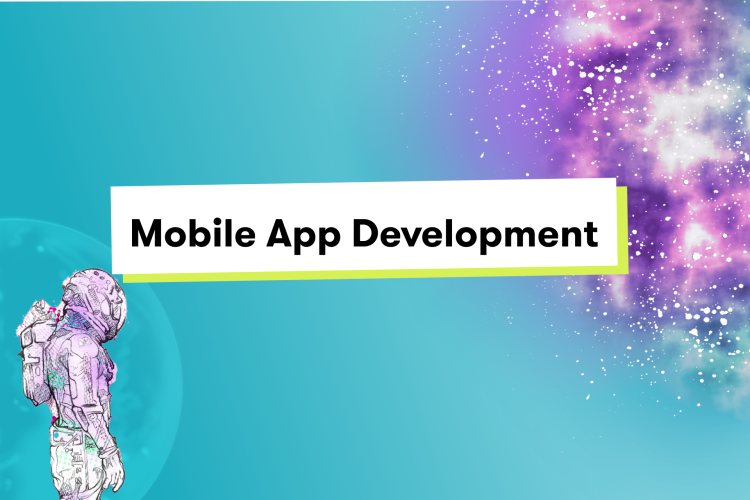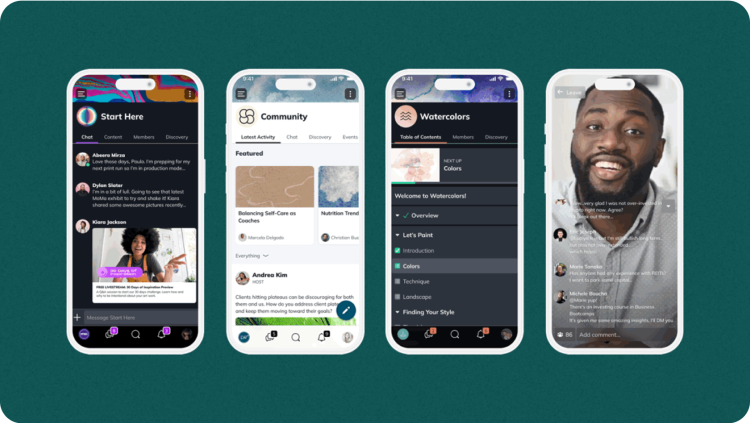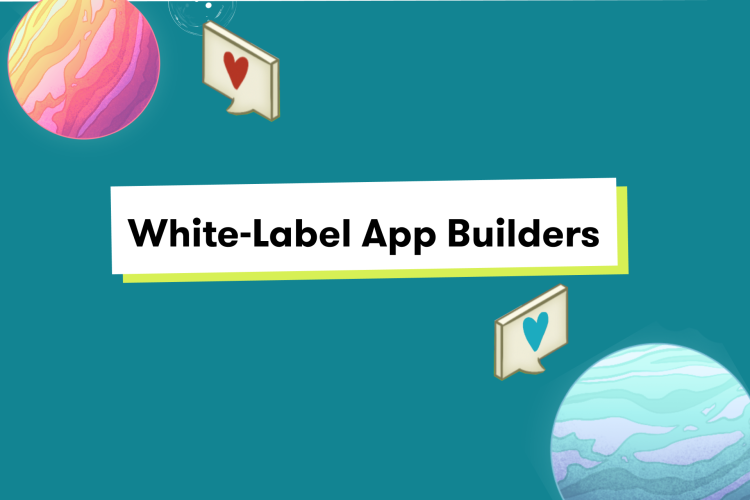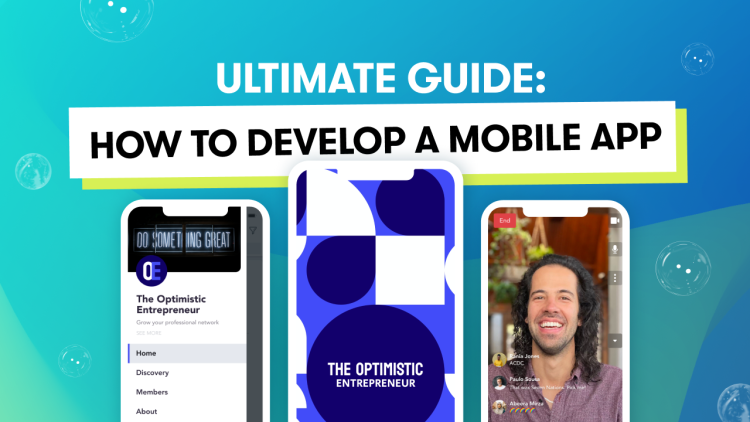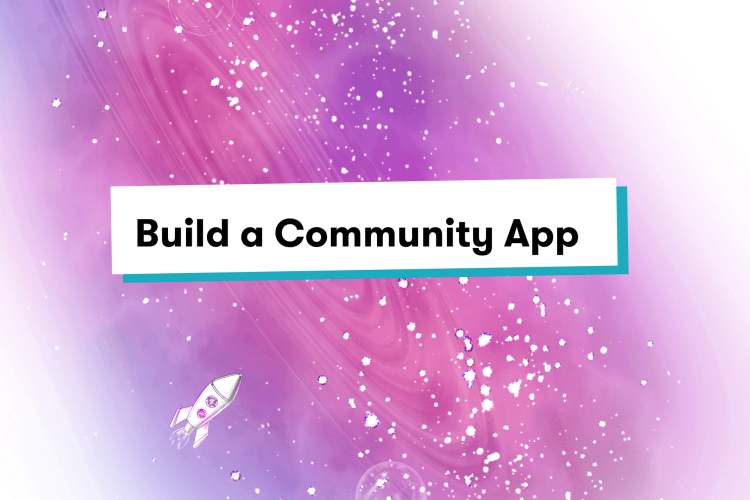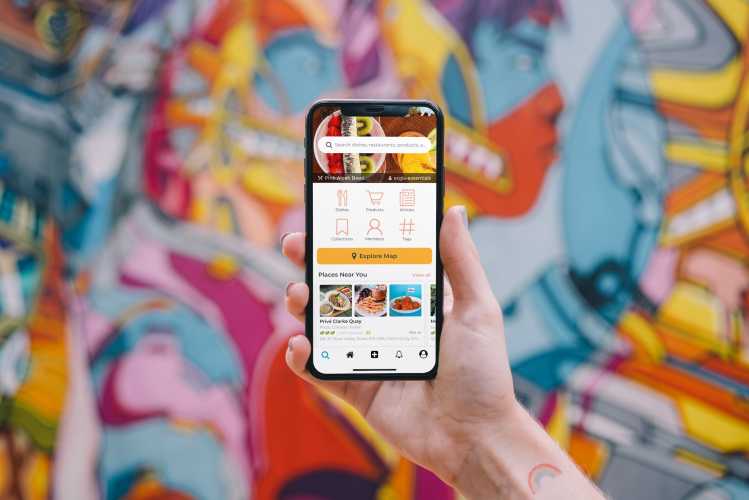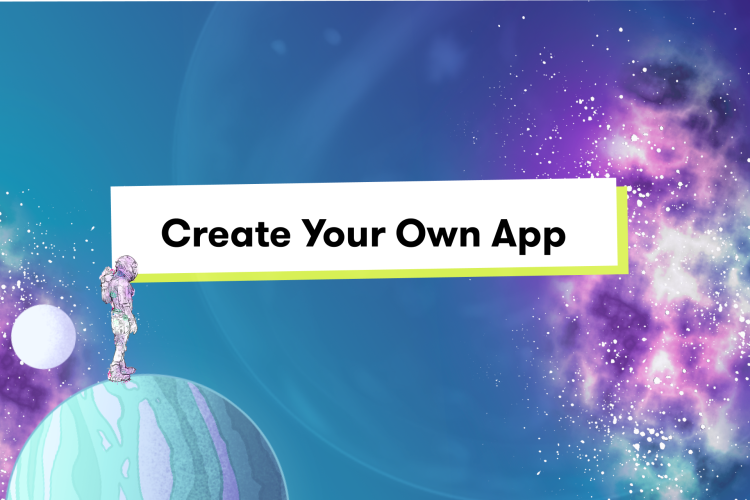Branded Apps
The Ultimate Guide for How to Develop a Mobile App in 2025
If you’re interested in how to develop a mobile app, then you’ve landed in the right place.
Author
Phillip Russell
Last Updated
May 28, 2025
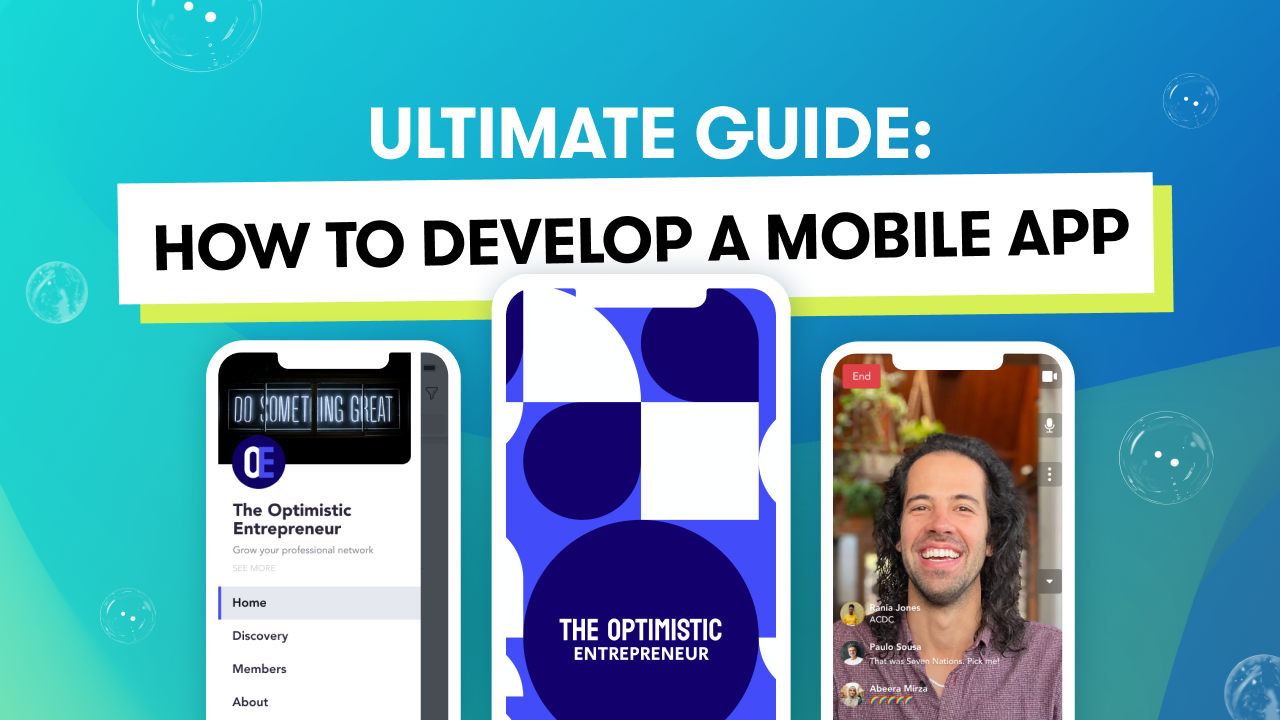
If you’re interested in how to develop a mobile app, then you’ve landed in the right place.
At Mighty Pro, we’ve helped hundreds of brands, creators, and organizations launch their own white-labeled iOS and Android apps.
And we’ve worked with hundreds of companies and talk to 50-100 entrepreneurs every week, guiding them through the build-versus-buy question of mobile app development. Over the years, we’ve gained a detailed understanding of the challenges, unexpected costs, and longer view of building your own app.
Typically, when a Host (that's what we call our customers) shows up, they’ve explored some type of custom app development. This sometimes includes building a custom learning management system to house their courses and community, building a custom membership app, or integrating social features into an existing app they have in their business.
Over the years, we've gathered a lot of data into the typical cost of building mobile apps, what goes wrong, and how no-code mobile development can shorten timelines and help you get an early version of your custom app out sooner.
While in the past custom app development was the only game in town, today there are tons of options available for developing a mobile app from no-code tools to fully white-labled mobile app platforms.
In this article, you will learn:
The pros and cons of going completely custom with your mobile app.
Why no-code tools are changing the app game though come with big limitations.
If you’re interested in how to develop a mobile app, then you’ve landed in the right place.
Mistakes to avoid based on our experience with custom mobile apps.
Ahead, we’ll be covering all of these options, as well as the mindset you should have going into the process.
Let’s dive in.
Do you need a mobile app?
Before we jump into how to develop a mobile app, we're going to ask you a simple question: why do you want to develop a mobile app?
In our experience, the most successful Hosts who launched their apps with Mighty Pro had two things in common.
First, they were already making money and had the basics of their business model worked out.
Second, they were using a lot of tools to run their online business which they were hoping to streamline into one app.

These Hosts had highly-converting lead magnets, multiple online courses, a plethora of Facebook Groups for their customers to communicate with them, and were stuck in an endless loop of promotion on social media.
People bought their products and services but these Hosts spent enormous amounts of time each week managing all of the platforms that hosted these services.
In other words, you should develop a mobile app when you’ve already got an existing business model that is working. Launching an app is not the best way to figure out whether your business idea works.
If any of this rings true to your own experiences in your business right now, then developing a mobile app could be the right move for you. But let’s unpack what that process looks like in practice.
Budget & planning
The first major factor in developing a mobile app is the budget you’ll need to actually make the project come to life.
And we're sure that in your initial searches for how to develop a mobile app you’ve probably come across a variety of different numbers when it comes to how much it costs.
The reality is that the cost of developing a mobile app really depends on how complex your app will be and what kind of development you decide to pursue (custom, no-code, or white-label).
For instance, a completely custom built app from scratch could easily cost you over $1M if you’re looking for a variety of features like livestreaming, online courses, community building features, and more.
Each feature you want will take months to develop and months to test. This is doable for big brands like Nike, but is probably out of reach for most people.
If you’re trying to develop a rudimentary app like an inventory system for your small business or something else, then a no-code app might be able to make that a possibility for a fairly affordable price.
A white-label platform gives you all the innovation, speed, and control of no-code—but you’re actually getting a super polished, totally flawless UX, and development engine (for speed, performance, security). It is the in-between option between spending $1M for a custom app versus spending a weekend to build some clunky no code app with two features.
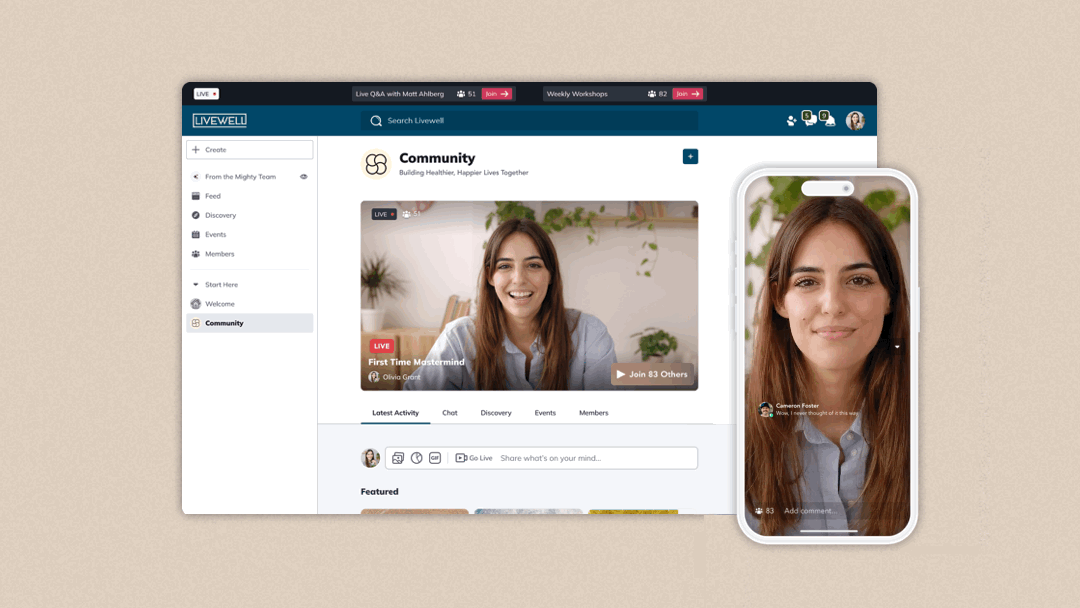
Knowing beforehand the scope of what you’re hoping to achieve when you develop a mobile app will be essential when reaching out to vendors.
Everything from the kinds of features you might want, to the types of experiences, services and products you’re planning to offer will help vendors give you a clear idea of the costs, risks, and benefits you should know before greenlighting the project.
How long does it take to develop a mobile app?
Another aspect to consider when navigating how to develop a mobile app is your timeline for releasing it.
In general, if you’re developing a custom mobile app from scratch, you can expect a long timeline to release–roughly 6 to 12 months of time (this also explains why custom development is often the most expensive option).
Whereas a white label platform that develops mobile apps could easily have a high-quality, premium feeling app ready for your business in as little as a month.
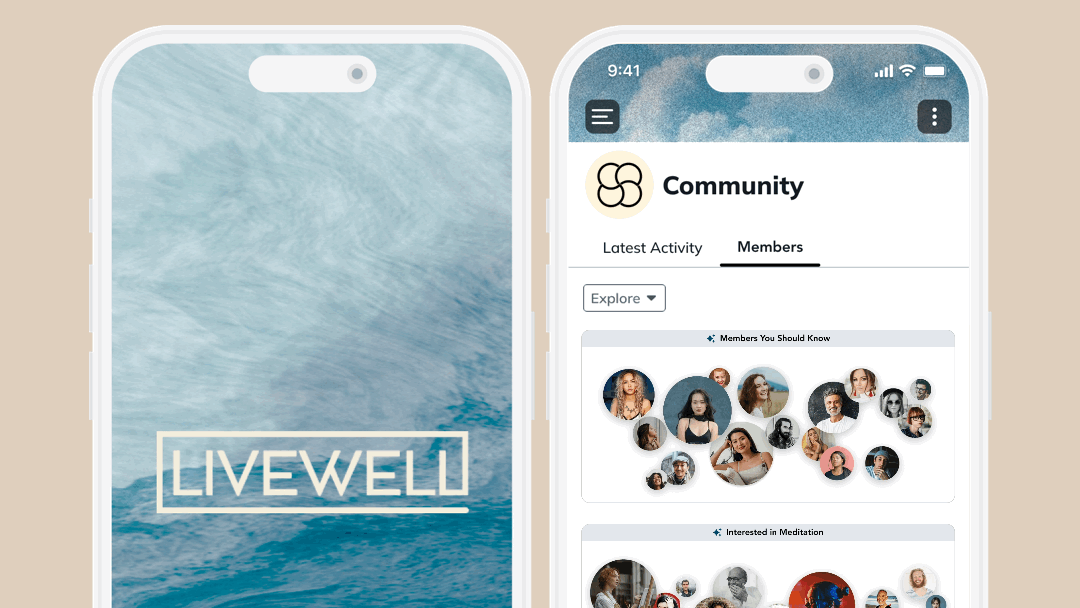
Factoring in the timeline you have for developing a mobile app will also help you determine which mode of development would work best for you.
Option #1 - Custom app development
Custom app development is obviously the best route for building out a super specific use case. You can build custom technology and create experiences that are unique to your business. If you're trying to create a technology that hasn't existed before—such as the interactive workouts you'll find in Peloton's app or the innovative apps you'll find from Nike—you're better to go custom.

Custom app development is most well-suited for projects that have highly complex ideas, feature needs, or hinge upon completely new ideas, complex databases, and unique business models.
As stated earlier, the reality is that custom development is easily the longest and most expensive form of developing a mobile app.
The typical cost of a custom mobile app is $1M. And this is for a basic mobile app with a few working features—not the technological magic you’ll find on a major brand’s app like Nike. Those apps cost much more and have entire product management teams behind them.
Most of the brands we talk to abandon the process half-way, spending around $500,000 on a prototype. You also need to account for maintenance, the cost of maintaining both Android and iOS apps, as well as the need to keep on developing new features to stay competitive in your industry.
One of the most common things we hear during the first prototype phase is how hard it is to just get a feature that isn’t slow and buggy. The fine details of mobile development such as endless Q&A, the architecture supporting a feature, and the need to constantly maintain features often catches entrepreneurs off guard.
When you develop a custom mobile app for your business you’re offering a completely new product that will, in turn, create increasing complexity as you keep it up to date with the changing expectations customers have for mobile app experiences.
Finding a developer or development team that jives well with your work ethic, expectations, and aspirations will be essential for custom development. This will be an incredibly long partnership filled with many highs and lows (as is the case with any complex development process) that you’ll need to be ready for.
Option #2: No-code app development
Another option to consider for developing a mobile app is using a no-code platform. In the most basic terms, no-code software gives you the ability to create an app without technical knowledge needed to actually code.
While no-code is a promising idea, obviously if you can't code and don't understand the backend architecture of mobile apps, you are quite limited. No-code is mostly designed for creating a single-purpose app. For example, maybe you had an idea for creating an app with a simple database. Or a time-tracking tool for writers. Or turning an Excel formula you wrote into a tool other people can use.
With a no-code platform, you typically get a set of building blocks that you can drag and drop. It's visual programming where you are able to execute an idea in your head.
No-code apps are functional. But they often have basic aesthetics and a limited user experience. It’s also challenging to design an app that will give your customers the premium feeling you’d expect from the apps you use in your daily life.
Low-code app development can have data and security concerns. Inexperienced people can easily expose user data or create an app that has easy-to-exploit vulnerabilities.
In short, no-code apps are great for developing mobile apps that are more simplistic and bare bones. They’re good for building internal tools for your team, as well as testing ideas for implementation in a future project. But if you are trying to create anything complex you will be frustrated. No-code tools are incredibly limited in functionality, security, and aesthetics.
In the next few years, no-code app development will improve. But if you’re looking for complex and custom ideas, these will still require programming. In many ways, no-code is a stepping stone, removing the barriers for people with a good idea to get a basic first version out into the world.
Option #3: White-label app platforms
Going completely custom is slow, expensive, and totally risky for most entrepreneurs with a limited budget. No-code development is appealing but you will get a pretty basic app and maybe nothing you'd be proud to send to customers. The third option sits between these two, giving you customization without the need to hammer things together in a no-code environment or to open your bank account to a team of developers.
When you choose to develop a mobile app on a white-label platform, you will get to use premium software and features that are already pre built and tested for use in mobile apps, which greatly reduces the cost and time to launch.
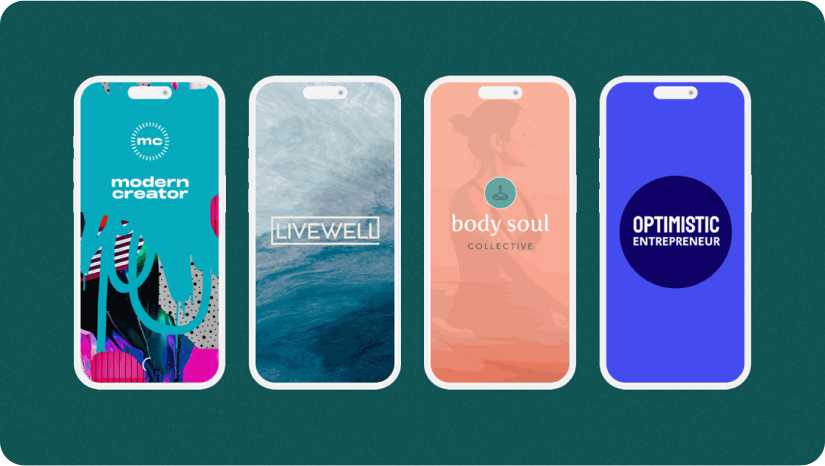
White-label app development really shines when you already have a clear business idea that fits into the technology already.
For example, with Mighty Pro, our Hosts have clearly defined needs for launching their own mobile apps. They typically run some type of online community (via Facebook Groups, Discord, Slack). They sell courses (via Kajabi or Thinkific) or offer digital products via Shopify. They run virtual events. They use livestreaming. And they either sell or want to sell some type of monthly subscription.
They can then customize our existing technology. This includes our online course features, community features, membership management, payment gateways, native video and livestreaming, virtual events, group chat and direct messaging features,SSO, integrations into their email or CRM systems, and analytics.
There is no need to reinvent those features and this allows them to create a fully branded experience that is also a world-class user experience.
White-label apps are often better developed and supported than anything you could hire a developer to build since they are created by trusted brands that do this all the time. In fact, a white-label platform has a large development team working behind the scenes. These engineers are building new features, maintaining the existing platform, managing a complex backend system with security and performance tools, and pushing live changes (such as new updates required by Apple) that keep your apps running.
There are many different white-label mobile app platforms on the market each offering their own take on the process. One thing is true of them all: their job is to continue iterating on their product and software, adding new features and experiences for you to use in your business (something you’d have to pay a lot of money for in custom developing a mobile app).
Your job will be determining what features and services matter most for your business because each white-label platform will prioritize different things.
Using a white-label platform to build your mobile app means that you can focus less on all the logistics, time, and money involved in building your app from scratch and instead on finding a platform that will help bring your vision to life.
Another added benefit of using a white-label app platform is that you can always switch to a custom build later on. These platforms can give you the experience needed to plan out a clear product development vision, a deep understanding of the features you need, and more all based on the foundation you’ve built with your white-label app.
Example of a mobile app built with a white-label platform
Now that I’ve gone into detail about how to develop a mobile app, I’ll quickly go over some examples of mobile apps that are possible on Mighty Pro. These apps showcase what’s possible when you use a white-label platform.
Journey of Intrinsic Health
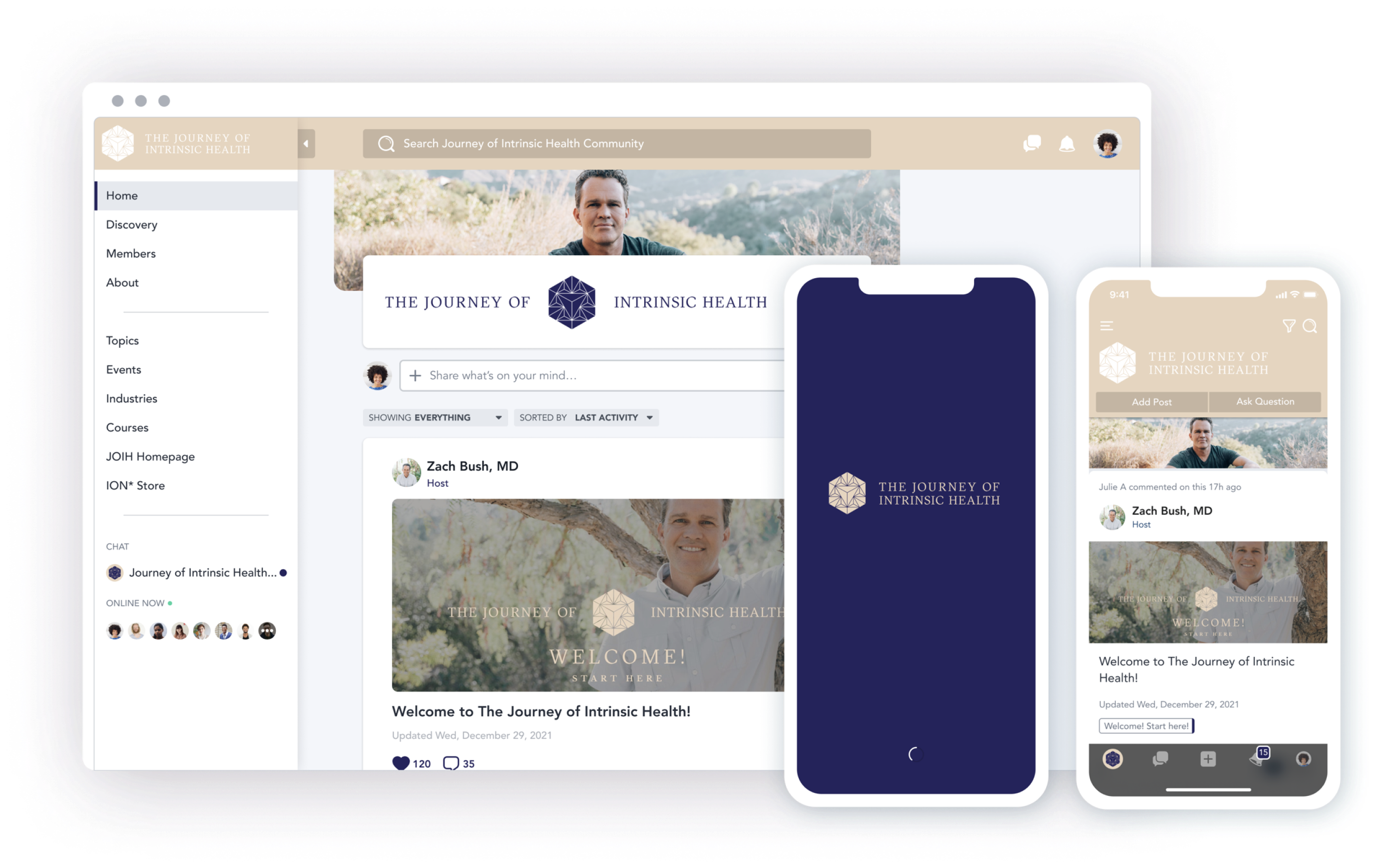
Zach Bush, M.D., specializes in internal medicine, endocrinology, and hospice care. He created an online community and branded mobile app called Journey of Intrinsic Health on Mighty Pro, which provides high-ticket online coaching programs to his members that sell out in a matter of days.
Prior to developing a mobile app on Mighty Pro, his team had spent years working on their own custom developed LMS for their online courses coupled with a Facebook Group community. While it did launch and usher in a first wave of people into their first mobile app initiative, the experience fell short of their expectations.
After years of developing their own mobile app from scratch, they had to abandon it and start fresh. It was a difficult decision, but ultimately it was the right one.
In his app, Zach offers 1:1 and group coaching sessions with his cohorts, a large resource library filled with hours of pre-recorded videos, guides, and resources.
Access to an online community space for members of his community to interact and meet others on the same journey, and more.
Related post: Zach Bush’s journey to developing a mobile app on Mighty Pro
Ready to start building?
If this article helped you understand how to develop a mobile app and you’re in the market to build one for your business, we’d love to hear from you. Here at Mighty, we build awesome apps that run our cultural software and bring together community, courses, content, and commerce. And with our flexible Spaces, you can mix in live streams, live events, discussion forums, member profiles, chat and messaging, and more!
You can sell community memberships, courses, events, coaching, private groups, or bundle any of these. Sell in 135 different currencies or monetize with token-gating.
Schedule a call with us and we’ll show you what you can do!
Ready to start building your community?
Start a free 14-day trial to explore Mighty—no credit card required.
More like this
Join Mighty Community
Learn the principles of Community Design™ (and see them in action) alongside thousands of creators and entrepreneurs. It's free to join!

Online Courses
Creating a Course
Teaching a Course
Course Platforms
Selling a Course
Communities & Memberships
Community Platforms
Managing a Community
Building a Community
Growing a Community
Monetizing a Community
Content Creation
Creators & Entrepreneurs
Monetization
Content Creation
Starting a Business
Website Builders
Creating & Managing a Website
Events
Event Platforms
Hosting & Marketing Events
Branded Apps
Creating a Mobile App
Coaching Apps
Community Apps
Coaching
Mastermind Groups
Starting a Coaching Business
Coaching Platforms
Filter by Category
Online Courses
Communities & Memberships
Creators & Entrepreneurs
Events
Branded Apps
Coaching
Start your free trial
14 Days. No Credit Card Required.



